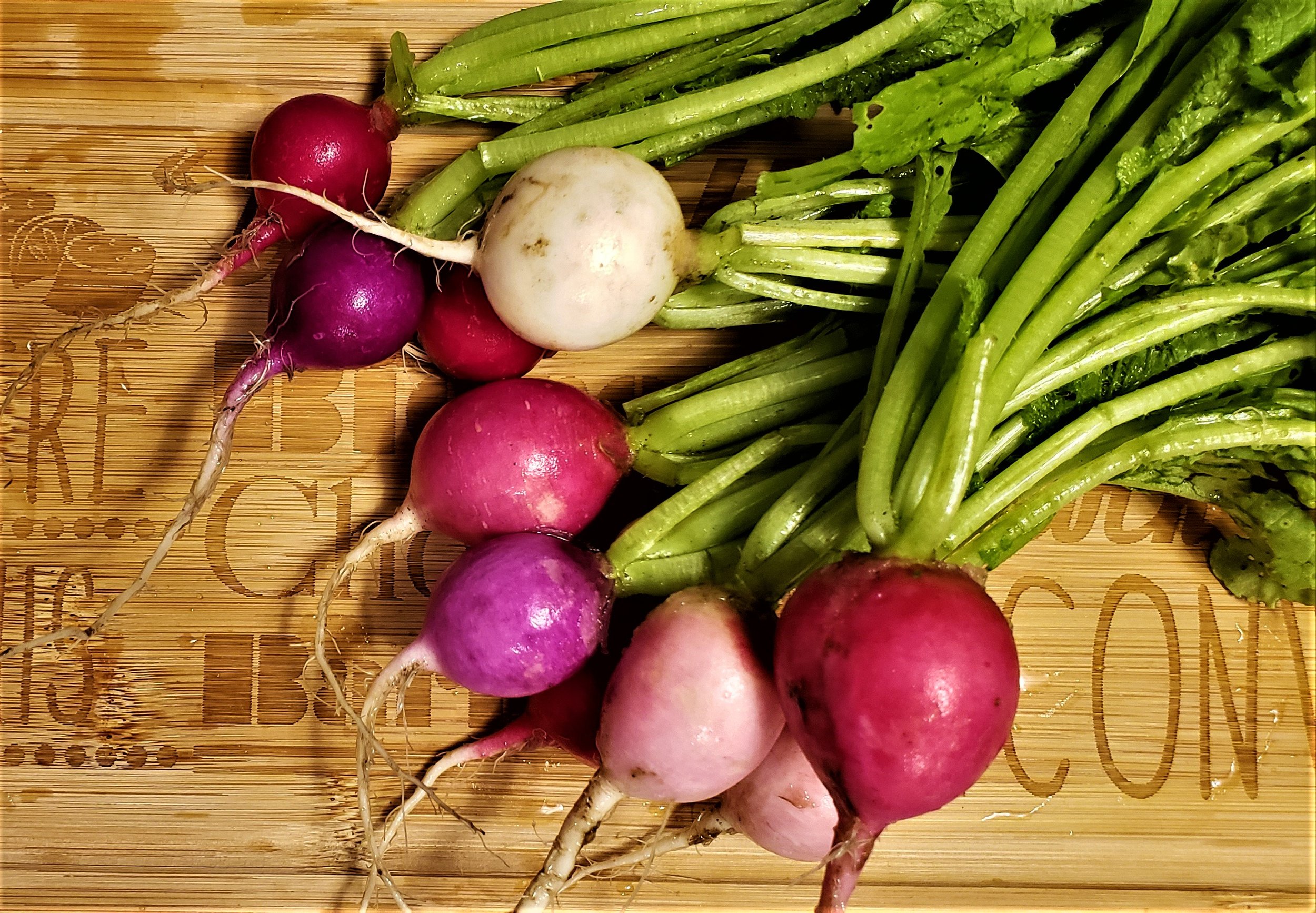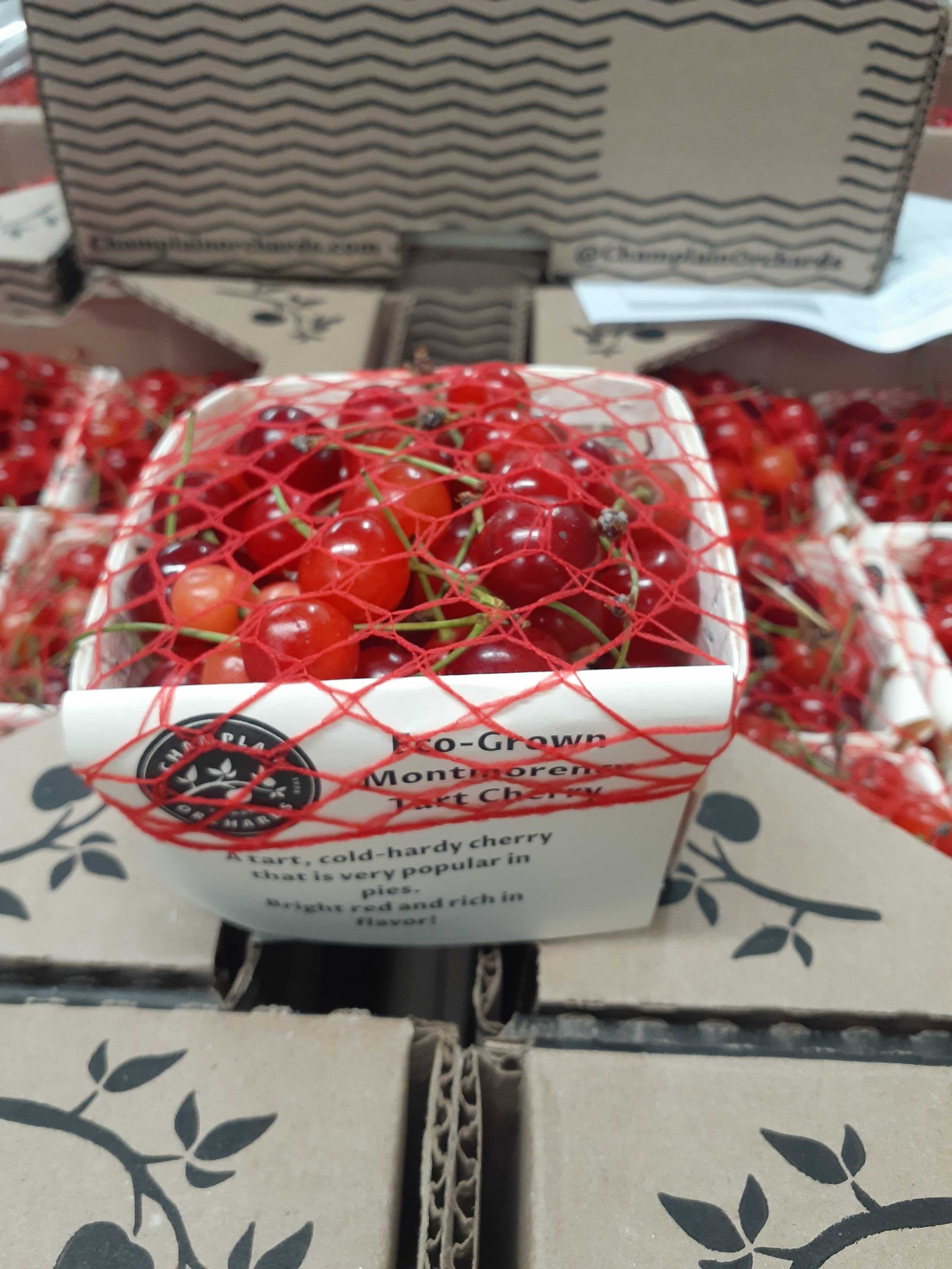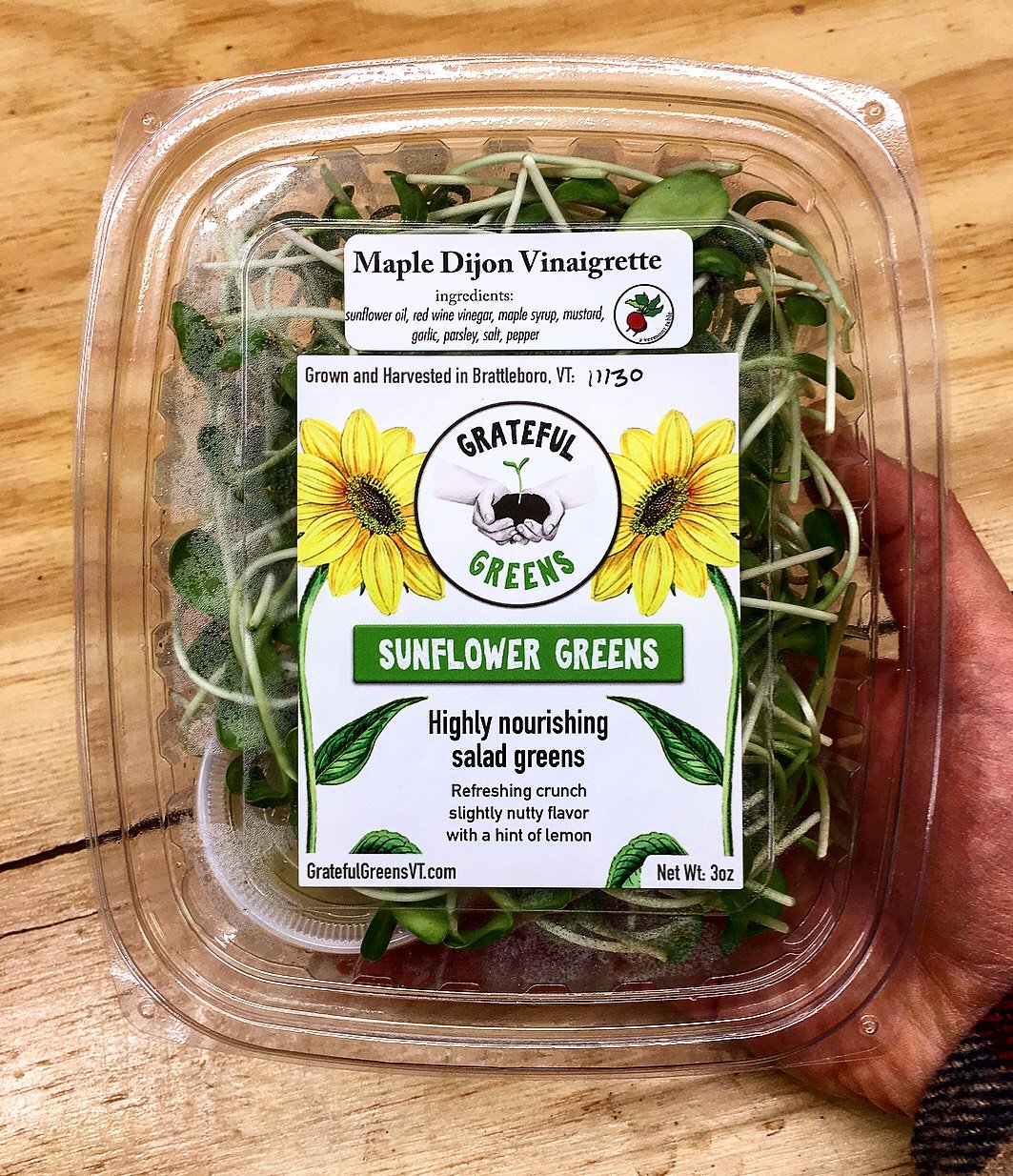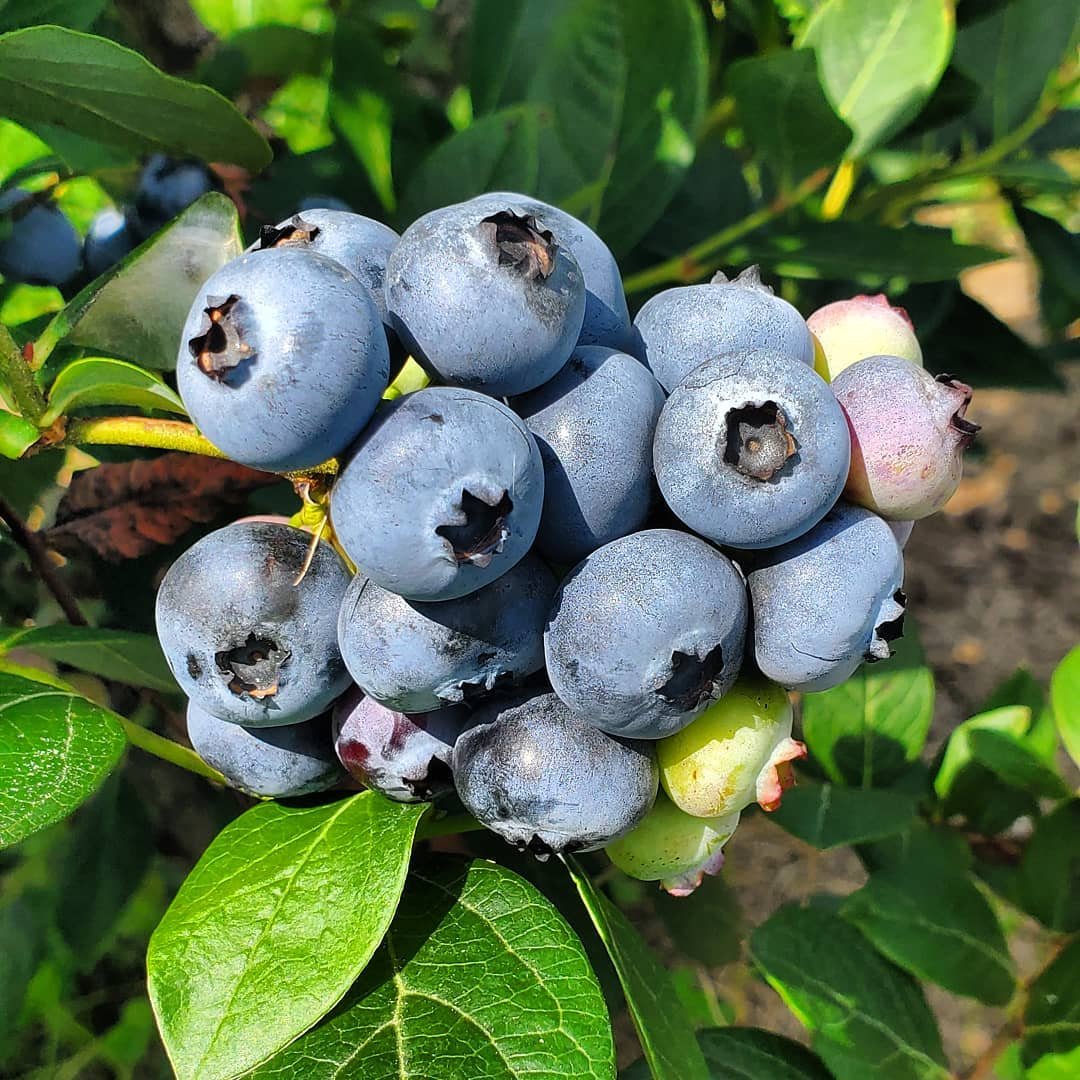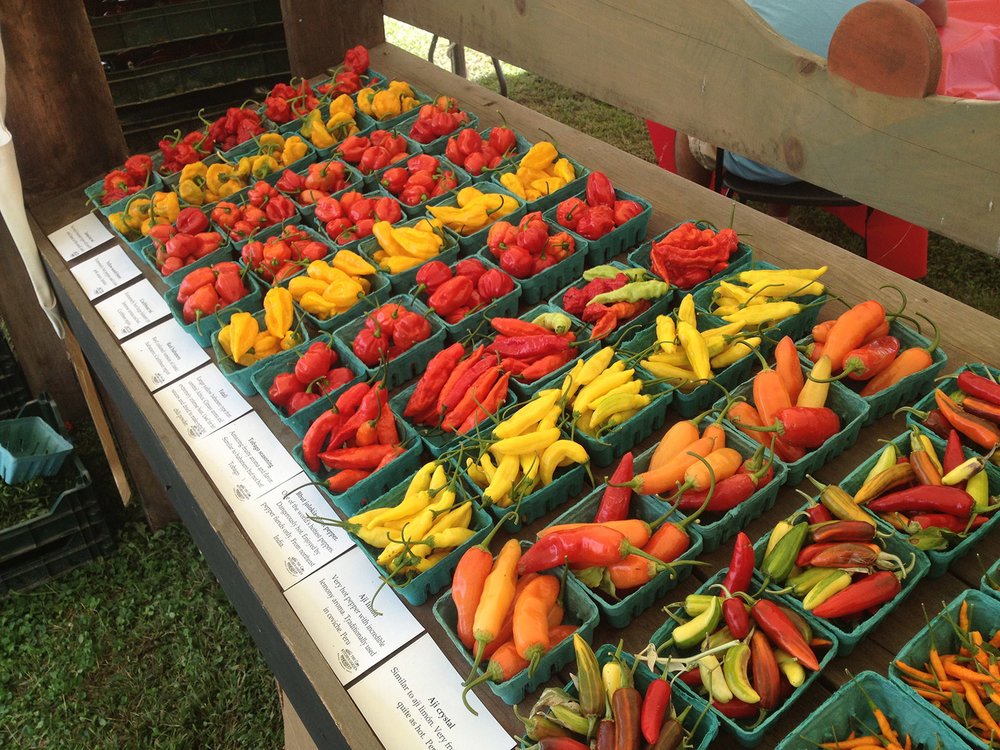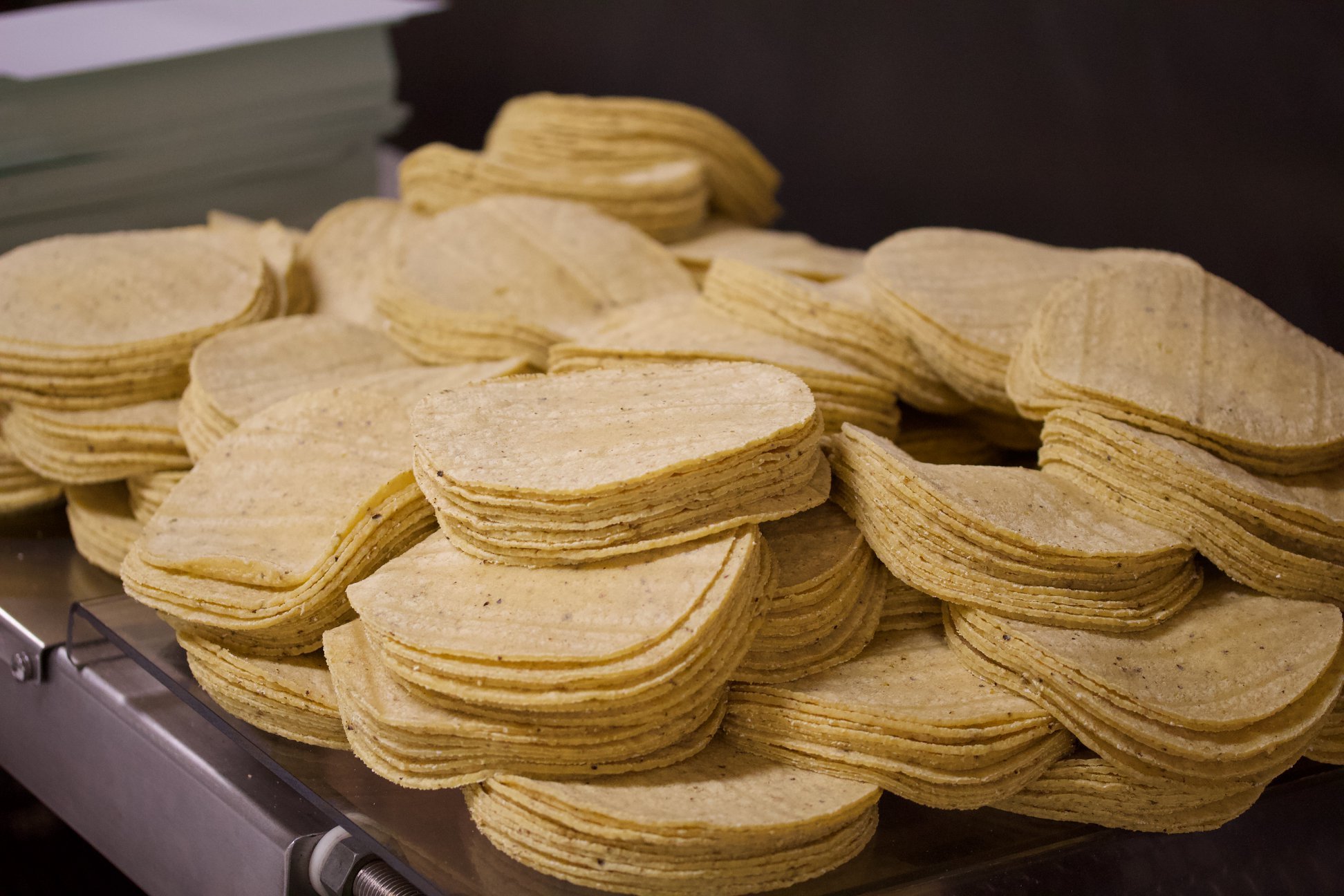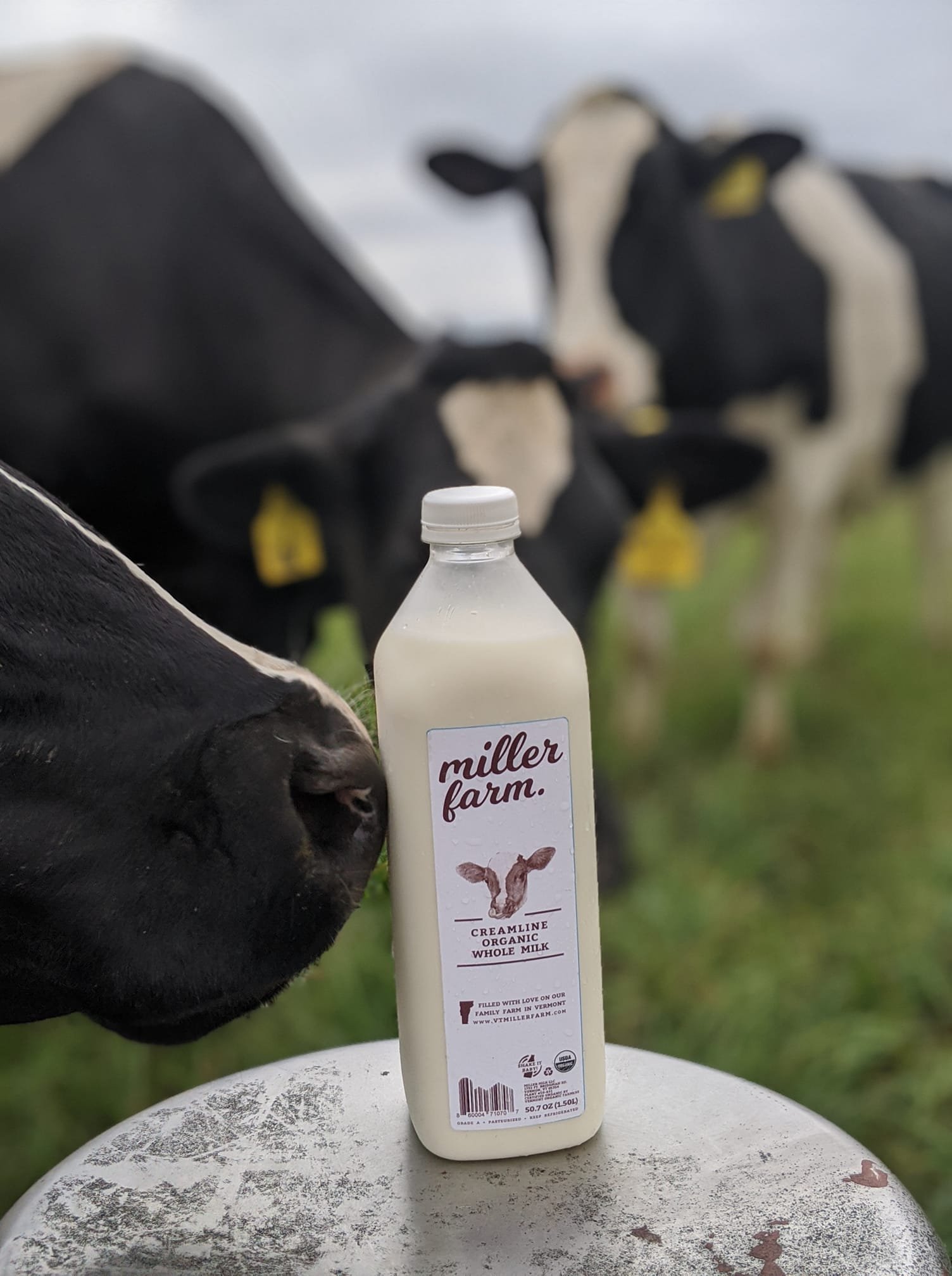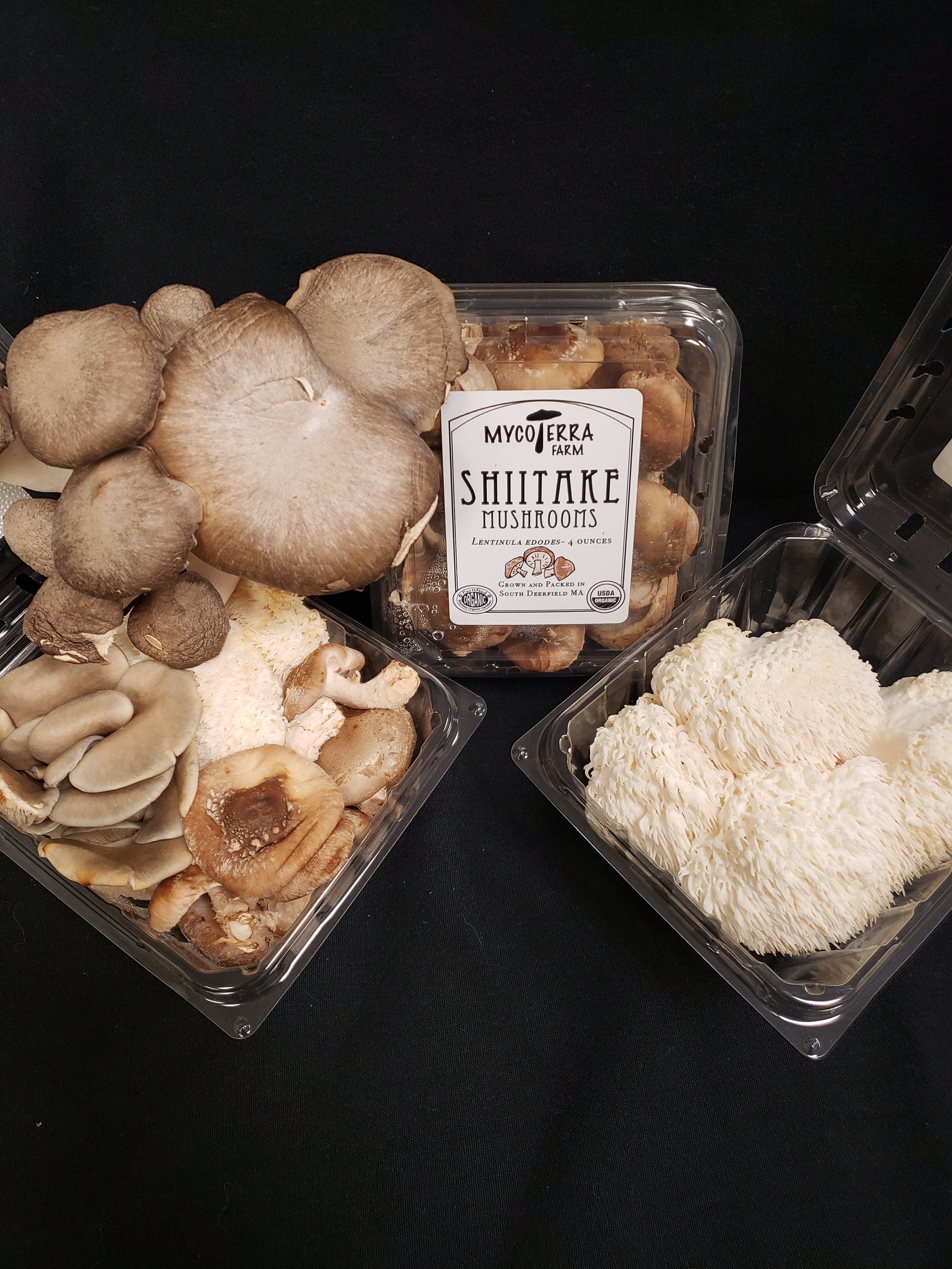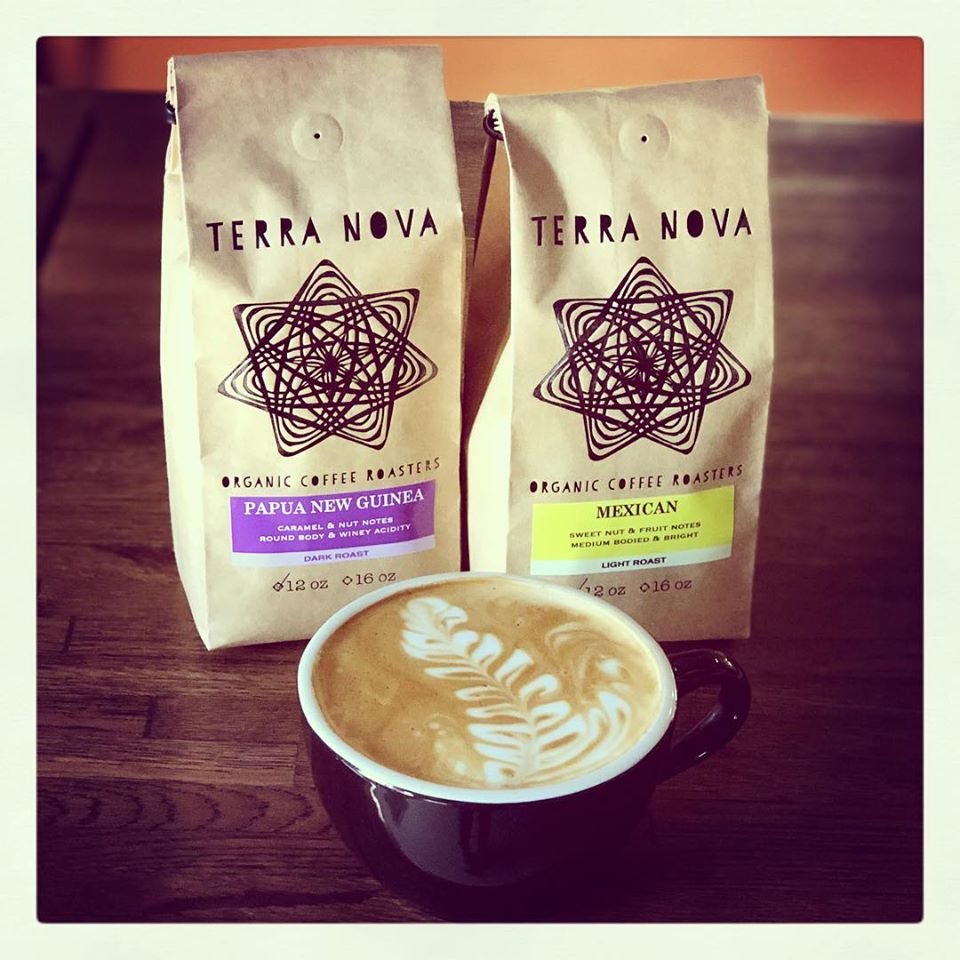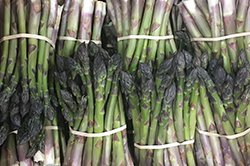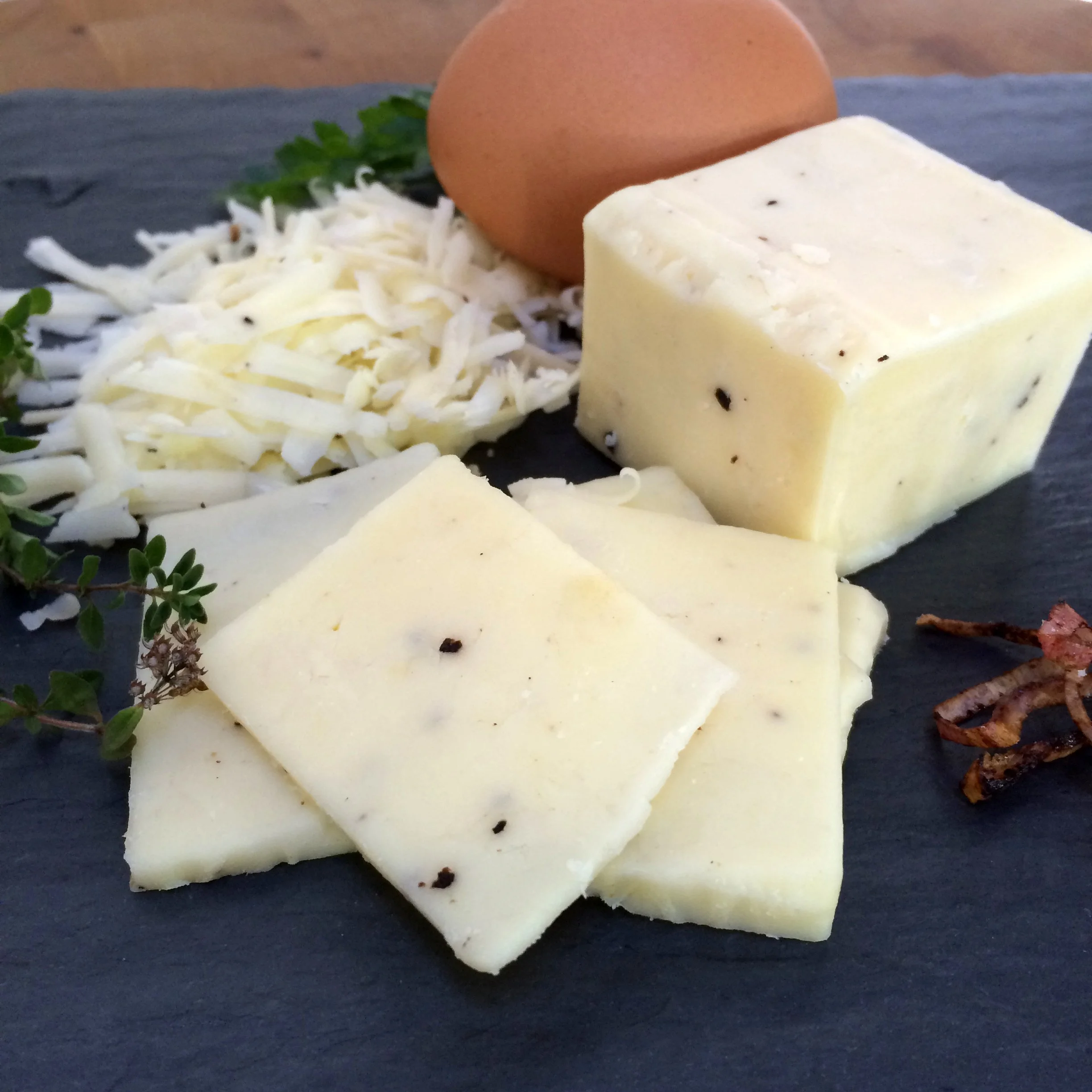At Food Connects, we are committed to offering our customers fresh, high-quality, source-identified products. Because we desire to cultivate a transparent value chain, the Food Connects team wants to share with you each week’s sequence of events to offer all our customers access to an array of fresh, regionally sourced products.
To maximize freshness and quality, most of our perishable product is received into our warehouse within 24-48 hours before being delivered to our customers. These products are what we classify as Just-In-Time (JIT). Sometimes the product stays in our warehouse just a few minutes before it goes from the farm field or the bakery to the customer—all on the same day!
Generally, most JIT products are received into our warehouse on Tuesdays for Wednesday and Thursday customer deliveries and received on Thursday for Friday and Monday customer deliveries. Rather than purchasing excess and keeping the product in our warehouse for an extended period, we purchase JIT items “to order” based on customer demand for each given order cycle. In addition to ensuring maximum freshness, this model also helps to reduce food waste. On the other hand, we make sure to keep on hand a readily available supply of all our shelf-stable dry, refrigerated, and frozen products.
Food Connects sources products from 36 JIT producers to fill customer orders every week. The fact that we have not one but two weekly order cycles means that we often receive products into our warehouse from the majority of our JIT producers twice per week.
The national food industry generally does not lift up and promote the names of all the frontline workers. Without those workers, our chain grocery store shelves would not stay filled. In contrast, the Food Connects team knows that collaboration and strong relationships are vital to building a vibrant and healthy community. We want to know who is part of getting your food from the farm to the table every step of the way. We celebrate and thank each of those individuals for helping us bring fresh, regional food to our community.
Want to see an example of how we make that happen in practice? Check out the timeline we’ve created! We encourage you to take note of all the people whose actual hands are involved in handling this product.
By Monday at 10:00 AM, John Truncale, Produce Manager at the Brattleboro Food Co-op, places an order including a few cases of red leaf lettuce from Harlow Farm located in Westminster, VT. Our Procurement Specialist, David Paysnick, sends out orders to all our JIT producers by noon that same day, including to Harlow Farm. Then the job passes to the Harlow Farm employees, including Leroy Campbell, Raymond Carridice, and Gerald Berry. Throughout the remainder of that day and into the following Tuesday, they pick, wash, fill, sort, and stage our order of red leaf lettuce in addition to any other fresh veggies that our customers ordered.
On Tuesday, one of our drivers, Bob Blackmer, picks up our order from Harlow Farm and several other JIT producers, including Echo Farm Puddings, Kitchen Garden Farm, and Orchard Hill Breadworks. Once Bob returns to the Food Connects warehouse, members of our operations team, including Scott Berzofsky, Raymond Johnston, and Emma Bliss, receive, sort, and stage orders ready to be delivered to our customers. By Wednesday afternoon, another driver David Pontius delivers the cases of red leaf lettuce to the Brattleboro Food Co-op, ready to be received by their dedicated staff, who will then display the product on their shelves for customers to purchase.
As you can see, it takes a host of people to grow, process, aggregate, distribute, and sell fresh products. Our Just-In-Time distribution model requires significant coordination across every organization and every set of hands to move the product along the value chain.
From an aggregation perspective, we admit that it would be more efficient for Food Connects to buy fresh products in bulk instead of only ordering enough products to fill customer orders for a given week. However, this process would lead us to compromise on one of our core values: doing our best to offer our customers fresh, long-lasting products. At Food Connects, we refuse to jeopardize product quality and are willing to put in the required time and effort to aggregate and distribute fresh, perishable products on a Just-In-Time schedule.

